
Redirecting you to the Alison Blog.
Get the latest learner stories, career tips, and product updates from Alison, the world's largest free online empowerment platform. Explore inspiring learner testimonials, insights from Course Creators, LMS Tools for teams, and news from Alison HQ. Whether you’re just starting out or growing your career, there’s something here for you.
Latest Posts

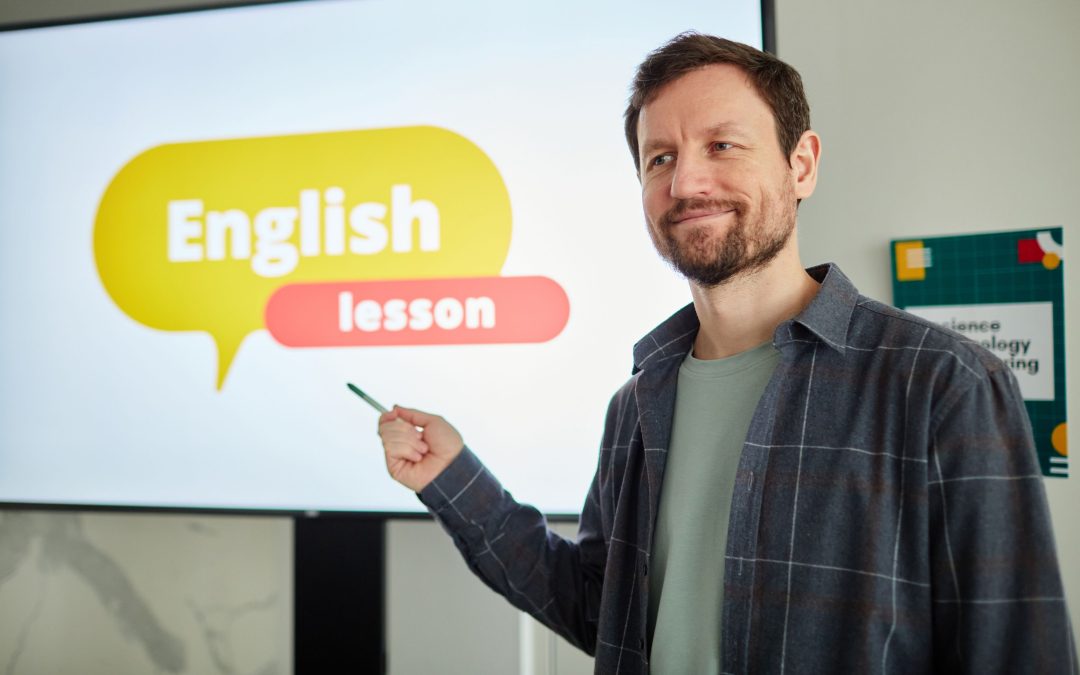
Best Free Online Language Courses For Career Growth
These days, with remote and hybrid work becoming the norm, teams span multiple countries and time zones, and clients can be located anywhere in the... Read More
Healing Benefits of Play Therapy in Schools and Communities
Written by Alex Liau, learning & behaviour psychologist. When children struggle emotionally, the place where they spend most of their time can... Read More
Which Alison Courses Are Free?
When Alison launched in 2007, our Founder and CEO, Mike Feerick, had one goal: to make education accessible to everyone, everywhere. And to this... Read More
Lanterns of Belonging: Affirming Children’s Cultural Identity through Play Therapy
Written by Alex Liau, learning & behaviour psychologist. For many children, culture is not something distant or abstract. It is experienced... Read More
Best Short Certificate Programmes for Online Careers
The demand for remote and online careers has grown rapidly in recent years, opening up opportunities for people across the globe to build meaningful... Read More
Healing Hearts Through Play: How Children Recover From Trauma
Written by Alex Liau, learning & behaviour psychologist. Trauma can leave children carrying invisible wounds. A frightening event like an... Read More
Play Therapy for Children’s Emotional Growth
Written by Alex Liau, learning & behaviour psychologist. Children often struggle to express their feelings in words. Typically, a four-year-old... Read More
Empowering Women Through Best & Self-Paced Education: Alison Partners with TechEquity
Education is the foundation of empowerment, and when knowledge is easily accessible, opportunities become limitless. In a groundbreaking initiative,... Read MoreFeatured Posts

What is a Content Library? Main Features and Applications
September 5, 2025
In today’s workplaces, knowledge is abundant but often disorganised. Employees lose hours searching for resources scattered across email threads, shar...Read More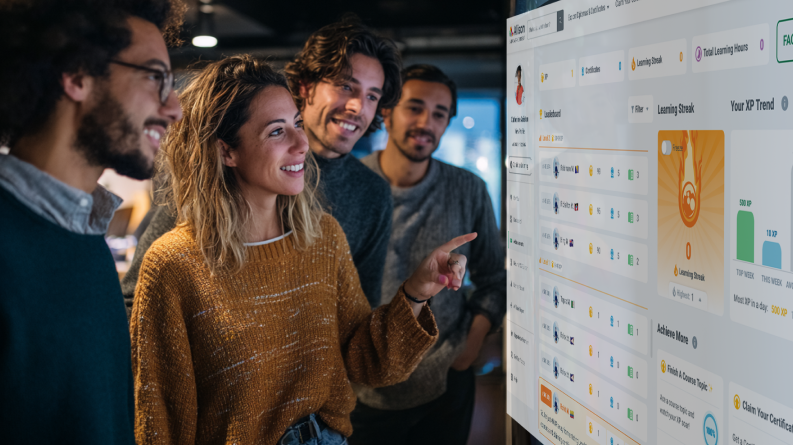
Gamification in the Workplace: Real Results from 56K+ Learners
August 15, 2025
Employee engagement isn’t just important; it’s vital. In today’s world of fast change and hybrid work, organisations must prioritise engagement to...Read More
Gamified Learning: How Organisations Can Boost Learning Engagement by 25%
August 12, 2025
Disengaged learners cost organisations millions in lost productivity, higher turnover, and stalled capability growth. According to Gallup, employee dise...Read More
How to Build a Daily Learning Habit (And Actually Stick to It)
August 11, 2025
We all want to learn more, grow faster, and keep upskilling. But let’s be honest, building a consistent learning habit is tough. Life gets busy, motiv...Read More
New Feature: Stay on Top of Your Mental Health with Regular Check-Ins
July 29, 2025
Work isn’t what it used to be. Roles are shifting, expectations are rising, and stress is showing up in new and unfamiliar ways. Now more than ever, i...Read More
Assessments: Identifying High-Potential Employees
June 6, 2025
It is a truth universally acknowledged that organisations must invest in their people to enable growth. Identifying and upskilling future leaders is cen...Read MorePopular Posts
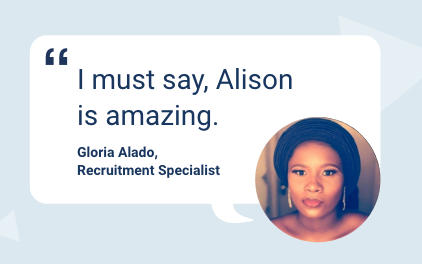
Alison Learner Spotlight: Meet Gloria Alado
June 15, 2022
“The more that you read, the more things you will know. The more that you learn, the more places you will go.” – Dr Seuss If we’re honest, s...Read More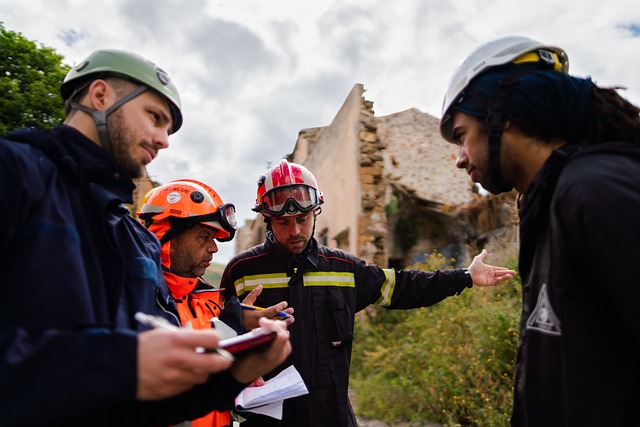
Disaster Management: Be Part of the Solution
January 15, 2025
Disasters can strike unexpectedly, but many are predictable. Would you know what to do in a crisis like a wildfire or flood? Whether natural or man-made...Read More
Alison vs Coursera and Udemy
February 17, 2025
Why Pay to Upskill When You Can Learn for Free? Thinking about advancing your career with online courses? Platforms like Coursera and Udemy claim to off...Read More
Teaching: A Noble Profession
October 5, 2023
Teachers teach all other professions. This is why teaching is considered by many people as the noblest of all professions. Teaching moulds the minds of ...Read More
John Taylor: “Alison is a truly powerful enabler.”
November 20, 2020
John Taylor is an Alison Graduate who managed a miraculous career change in just a few months thanks to Alison’s free online learning. By upskilli...Read More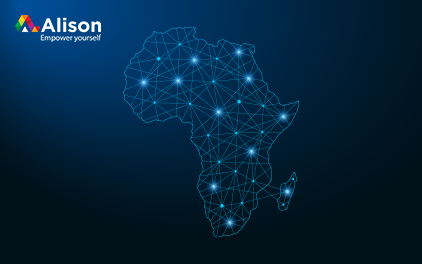
Meet the African Businesses Hiring Alison’s Graduates
March 22, 2024
Looking for a job in Kenya, Nigeria, South Africa or beyond? Discover how millions of Alison graduates across Africa have leveraged their certifications...Read More



